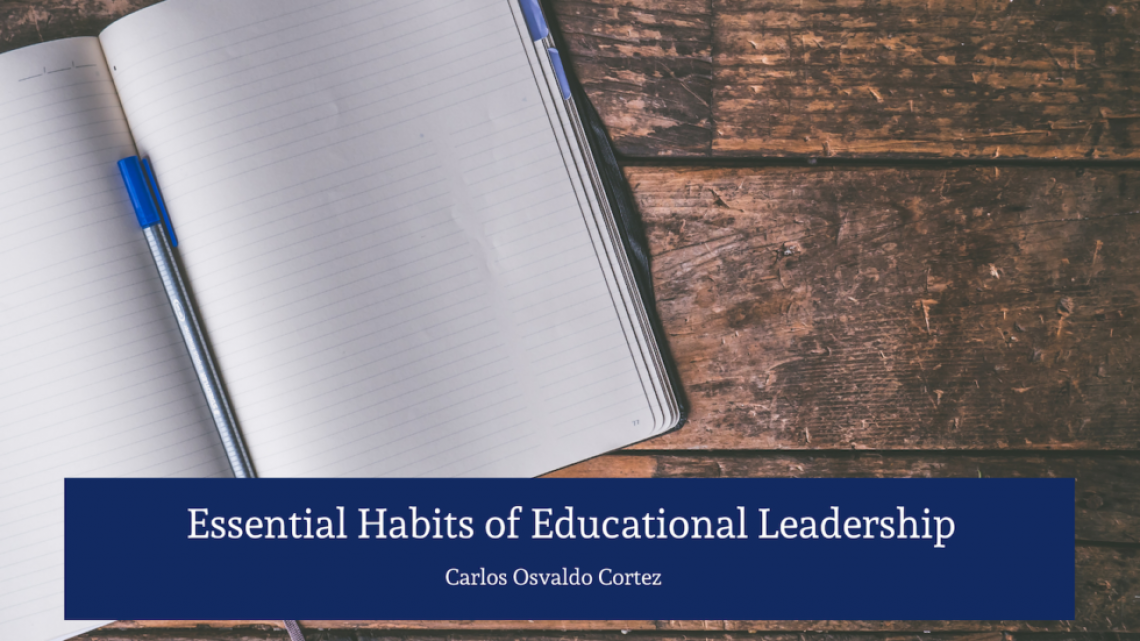Reflecting on the details that encompass teaching and learning helps to enrich education on every level. While many consider educational leaders to exist strictly within school systems, there are actually many educational leaders outside of the classroom. These individuals influence their communities by helping to form policies, inspiring their peers, and motivating everyone around them.
In order for educational leadership to be truly successful, it is vital that elements such as inclusivity, learning, and experience are embraced. Here are a few of the most essential habits of educational leadership.
Promoting Inclusivity
There is a direct correlation between being inclusive and the level of success an organization achieves. In recent years the importance of inclusivity has grown significantly, particularly within the education system.
As an educational leader, it is imperative to focus on diversity and inclusion. The two should not be confused. Diversity involves demographics, such as race, gender, and age, while inclusion is a measure of the acceptance surrounding a culture’s diversity. Simply put, diversity is the “what” and inclusion is the “how”.
In today’s world, it is imperative that educational leaders understand their role in providing diverse perspectives in their teaching. While it may be intuitive for many educational leaders to promote diversity and inclusion, it is only through direct action that improvements and advancements are made possible. As a leader in education, one must be capable of bringing people from diverse backgrounds together to strengthen the organization.
Effective inclusivity takes place when those in charge make it a habit to recognize the unique experiences, perspectives, and opinions of those around them and then utilize everyone’s differences in a way that allows for people to develop both personally and professionally.
Constantly Learning
In order for an educational leader to truly be successful in their role they must have a personal commitment to lifelong learning. By making it a habit to constantly be learning new things and gaining fresh perspectives educational leaders are able to authentically share important values with others.
It can be inspiring to work or study under an individual who has made lifelong learning a personal priority. Regardless of a person’s role or title, educational leaders should strive to continue developing and improving themselves throughout their careers.
Learning is a continuous process that does not fit squarely into any certain box. A successful educational leader will approach every situation as an opportunity to grow. Every new interaction and experience is a chance to gain more knowledge and expand one’s perspective.
In closing, the noble pursuit of knowledge and inclusivity has the potential to make an effective leader become a truly successful and inspiring educational leader. By understanding the interconnectedness of constantly learning and embracing inclusion important changes can be made that help create a better world for everyone.
